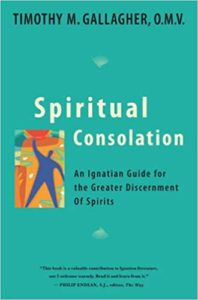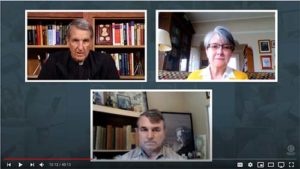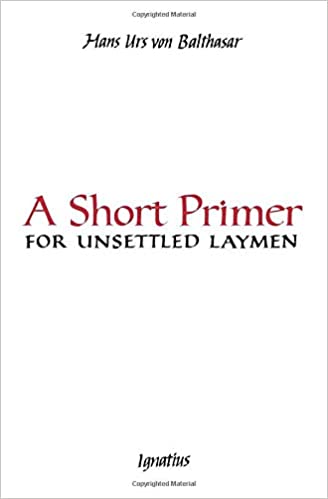Podcast: Play in new window | Download (Duration: 32:19 — 22.4MB) | Embed
Subscribe: Apple Podcasts | Spotify | Amazon Music | Android | Pandora | iHeartRadio | JioSaavn | Podchaser | Gaana | Podcast Index | Email | TuneIn | Deezer | Anghami | RSS | More

Episode 8 – Rules 4 and 5 – The Second Week Rules for the Discernment of Spirits: An Ignatian Guide to a Greater Discernment of Spirits with Fr. Timothy Gallagher
Fr. Gallagher breaks open more fully Rules 4 and 5 and how the behavior of the enemy causes deceptions by appearing as an angel of light bringing good and holy thoughts. Fr. Gallagher addresses the need to examine the course of thoughts…beginning, the middle, and the end.
Fourth Rule
The fourth: It is proper to the bad angel, who takes on the appearance of an angel of light, to enter with the devout soul and to go out with himself; that is, to bring good and holy thoughts, conformed to such a just soul, and afterwards, little by little, he endeavors to go out, bringing the soul to his hidden deceits and perverse intentions. (332)
Fifth Rule.
The fifth: We should give much attention to the course of the thoughts; and if the beginning, middle and end is all good, inclined to all good, it is a sign of the good angel; but if in the course of the thoughts that he brings, it ends in something bad, or distractive, or less good than the soul had proposed to do before, or if it weakens it, or disquiets, or troubles the soul, taking away the peace, tranquility and quiet, which it had before, it is a clear sign that it proceeds from the bad spirit, the enemy of our profit and eternal salvation.(333)
Through a series of compelling conference talks, Fr. Gallagher carefully breaks open St. Ignatius of Loyola’s Second Week Rules for Greater Discernment. This set of 8 “rules” (or guidelines) helps us to discern whether a seemingly good, noble, holy idea or feeling, often understood as a “spiritual consolation,” could be a working of the enemy intending to lead us astray. He shows how all of us can learn to listen to and follow God’s gentle leading in our daily lives.
For other episodes in this series, visit: The Second Week Rules for the Discernment Spirits with Fr. Timothy Gallagher – DH Page

You can find the book here
Also, here are the 2 handouts mentioned by Fr. Gallagher in Talk 2:
Guidance for a Greater Discernment of Spirits with Fr. Timothy Gallagher O.M.V.
For the PDF document:
Handout Number 1 – The Text of the 8 Rules of the Second Week
https://www.discerninghearts.com/Gallagher/The_Text_of_the_Rules.pdf
Handout Number 2 – Examples – Discernment of Spirits – 2nd Week rules
https://www.discerninghearts.com/Gallagher/EXAMPLES-DISCERNMENT_OF_SPIRITS-SECOND_WEEK_RULES.pdf








